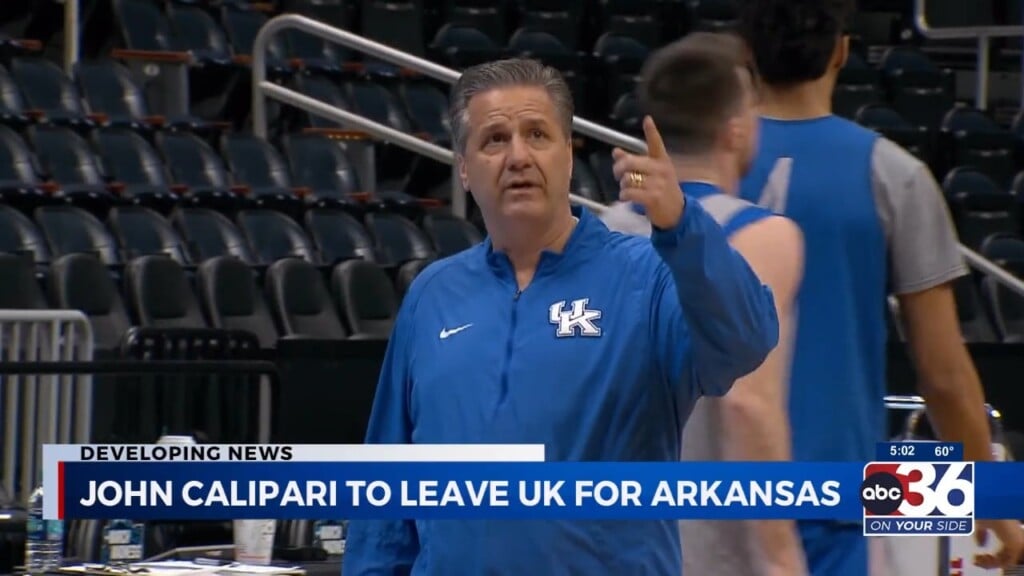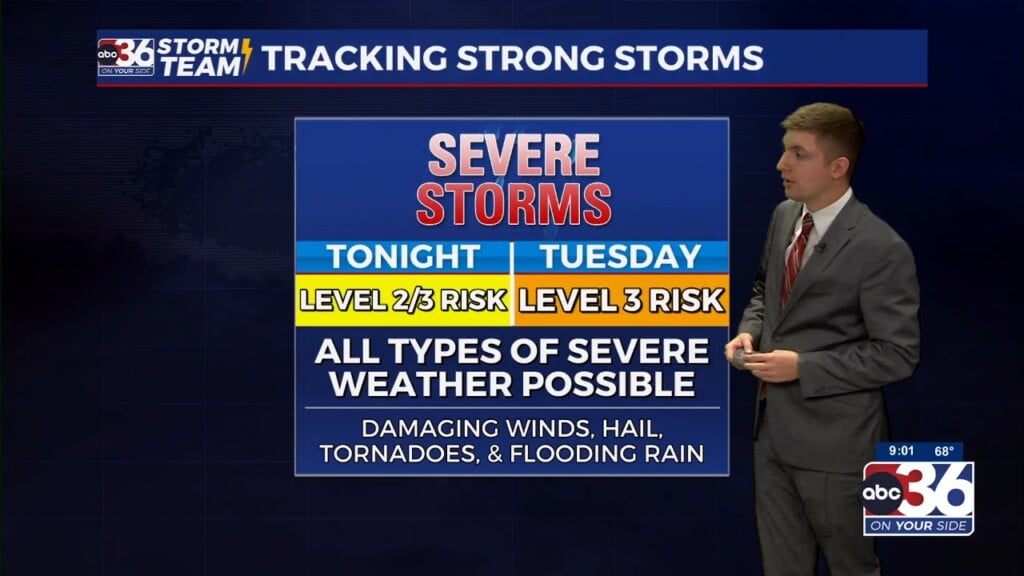Beshear: Confederate memorials should go, better training, health care, education diversity coming
FRANKFORT, Ky. (WTVQ) – The state is working on removing the statue f Confederate President Jefferson Davis from the Capitol Rotunda and local governments should work to remove similar Confederate memorials from courthouses and city halls, Gov. Andy Beshear said Monday.
Meanwhile, Beshear outlined a broad plan Monday to get 100 percent of the state’s African-American population some form of health care and eventually get that percentage to all state residents.
In addition, the state will significantly upgrade law enforcement training to focus on diversity at several levels. And finally, re-enforcing recommendations she made last week to the state Board of Education, Lt. Gov. Jacqueline Coleman will lead the third priority of increasing diversity in the state’s education system.
Beshear’s comments about Confederate monuments and memorials came when he was asked about a man’s request the Confederate Memorial be removed from the grounds of the Calloway County Courthouse in Murray. That request already has sparked a familiar debate of history versus a racist legacy.
Last week, Beshear said the Davis statue should not be in the Rotunda but instead in a place where its historical issue might be more appropriate. He repeated that Monday and went on to talk about other memorials.
“I don’t believe another child should have to come into the Rotunda and see a statue of someone who supported enslavement,” Beshear said of the efforts to remove the Davis statue.
It ought to come down,” he continued in reference to the Murray memorial.
“We are trying to do the right things…having a Confederate memorial statue on courthouse grounds is not the right thing. Let’s get rid of them now,” the governor continued.
As for the three areas of emphasis — health care coverage, law enforcement change and education — Beshear said those efforts were real and overdue.
“We are at a moment when we can change things in so many ways. It’s time we address them. there is a lot we can do together,” he said.
“This is a historic time in the demands we are seeing for justice and equality…this is a chance to create a better Kentucky.”
In addition to trying to get health care coverage of some kind — Medicaid, Medicare or private — to all African-Americans in the state, Beshear said the effort must also address access, quality and other issues where health care service to minorities has been a problem for generations not just in the state but nationwide.
And Kentuckians have to look no further than coronavirus infection and death rates among Africa-Americans for evidence. In Kentucky alone, the race makes up 8 percent of the population but more than 16 percent of deaths.
“We’ve got to take action right now,” he stated.
“Public education was made to meet this moment,” Coleman said, noting “changes will encourage changes.”
While Coleman’s recommendations to the state education board got widespread attention last week with some steps already underway to dramatically increase diversity in staffs and curriculums and to recruit minorities into teaching, changes to law enforcement are newer.
Executive Cabinet Secretary Michael Brown said new training programs will focus on several new areas that have been largely ignored in the past.
For instance, the state training academy had only one course last year. It was a cultural review that was offered only to police dispatcher.
New training will include implicit bias, use of force on a variety of levels, civil rights laws, emotional intelligence, ethics and accountability, and community relationships.
Because the law enforcement training academy is just now reopening, the state hopes to get a minimum of eight hours of that training to every officer in the state before the end of the year. Next year, the state hopes to get that extended to 40 hours of training for every officer, Brown stated.
On health care, Beshear promised, “We’re going to be putting dollars behind it, were going to have a multifaceted campaign to do it. It is time, especially during COVID-19.”
Brown said the review of law enforcement will look at how current and future police officers are trained.
“Kentucky has one of the highest requirements in the country for officer training, and it has served us very well,” Brown said. “We are committed to providing at least eight hours of in-service training to all of our officers by the end of the calendar year, focused on specific and timely topics.”
As mandated by state statutes, all training materials are governed by the Kentucky Law Enforcement Council to meet the Kentucky Peace Officer Professional Standards. KLEC will review any updated curriculum proposal.
The education reforms and changes also are among the most sweeping.
“As we have seen over the past week and a half, our society is crying out for change, and as I look into the crowds of people, I notice often it is our young people leading the way,” Coleman noted.
The proposed changes include:
- Appoint a non-voting member to the board that is a current student
Gov. Beshear added a teacher as non-voting member for the first time, said Lt. Gov. Coleman. By adding a current student to the BOE, this ensures every group has a seat at the table as we lead Kentucky into the future. - Mandate statewide implicit bias training for all school staff
The issue of bias that all of us harbor is something we must confront, said Lt. Gov. Coleman. Especially if bias is hindering a childs education. - Develop new strategies and programs to recruit more persons of color to be teachers
For many kids, the first leader they have outside of their home is their teacher. Kentuckys kids of color deserve to see themselves reflected in their community leaders, said Lt. Gov. Coleman. All of our children are better prepared for their future when exposed to a diverse community of leaders and teachers.
Coleman shared that in a study by the National Bureau of Economic Research, end-of-year test scores are higher for black students who have a teacher who looks like themselves. Black students who have just one black teacher by third grade are 13% more likely to go to college and black students who have two are 32% more likely.
“We want to work with our colleges and universities, including our HBCUs Kentucky State University and Simmons College, to recruit the best and the brightest who have a passion to change their community,” Coleman concluded.




Leave a Reply